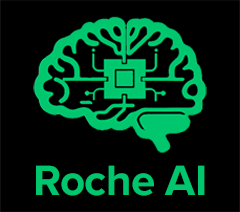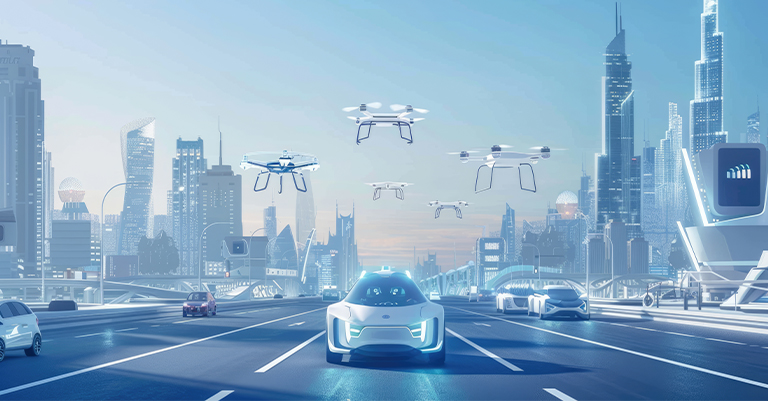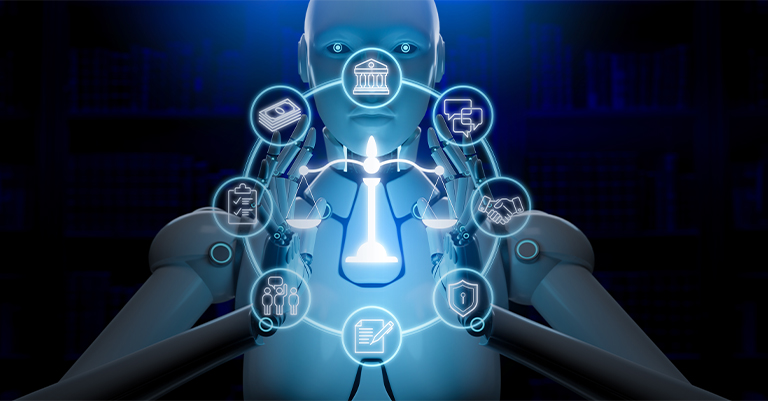Understanding Accountability in the Rise of Autonomous Systems
The rapid rise of autonomous systems has reshaped our world. These AI-driven technologies have moved from science fiction to daily reality, influencing everything from transportation to healthcare. As they integrate more deeply into our lives, questions arise about who controls their growth and who should bear responsibility for their impacts. Understanding the roles of tech companies, governments, and society helps us see how each contributes to the fast-paced AI environment.
At the core of this discussion are ethical concerns. These include privacy, bias, job displacement, and accountability when things go wrong. For example, if an autonomous vehicle causes an accident, who should be held liable—the manufacturer, the software developer, or society for accepting such technologies? Ethical dilemmas also emerge when AI systems make decisions that could affect people’s lives, like determining loan approvals or job candidacies. This raises questions about fairness, transparency, and whether we can trust AI to act without bias.
As autonomous systems continue to evolve, it becomes more critical to address these ethical concerns. The balance between embracing innovation and protecting human values lies at the heart of this issue. Understanding who is responsible for guiding AI growth can help society better manage the benefits and risks of this powerful technology. With so much at stake, it’s clear that a careful and collaborative approach is necessary to ensure a future where AI serves everyone, not just a select few.
What Are Autonomous Systems and Why Do They Matter?
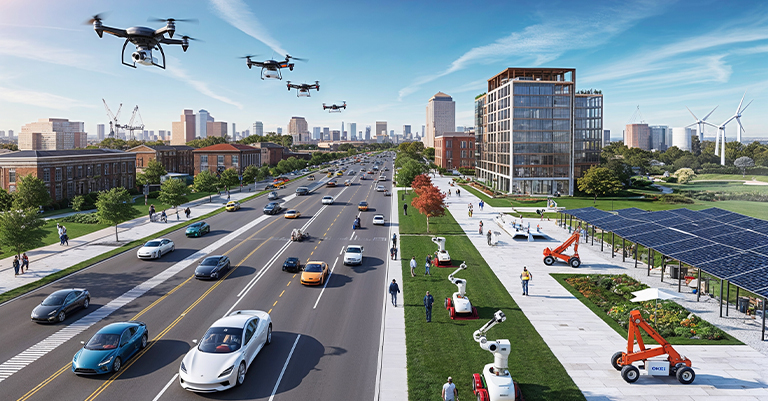
Autonomous systems, or AI-driven machines, operate without direct human input. They perform tasks, make decisions, and learn from data. These systems include self-driving cars, smart home devices, and advanced chatbots. Their widespread use can reshape industries and everyday life. Understanding their role helps clarify why responsibility is crucial.
Self-driving cars, for example, aim to reduce accidents and improve traffic flow. Yet, questions about safety and accountability remain. Smart devices in homes can automate routines, but privacy concerns arise with constant data collection. The balance between convenience and privacy lies at the heart of these discussions.
Autonomous systems matter because they have the potential to reshape society. They could enhance productivity, reduce human error, and open new job markets. However, they also pose challenges, like displacing jobs or raising ethical questions. By understanding their importance, we can better assess who should take charge of their growth.
Defining Autonomous Systems in Simple Terms
Autonomous systems are machines that can perform tasks on their own. They use algorithms and data to make decisions, learn, and adapt. Think of a vacuum that moves around your house without you guiding it. It’s learning about your home’s layout and deciding the best path. This is a simple example of how autonomous systems work.
These systems rely on sensors and data to understand their environment. They use this information to adjust their actions. For example, self-driving cars use sensors to detect obstacles and adjust their speed. While they offer many benefits, understanding their limitations is key.
Autonomous systems aren’t perfect, and sometimes they make mistakes. But as technology improves, these systems learn from those mistakes. This growth sparks debates about who should be held accountable when things go wrong.
Real-World Examples of Autonomous Systems
Autonomous systems are already a part of our daily lives. Self-driving cars, for example, are being tested and used in various cities. These cars aim to improve road safety and reduce traffic. However, questions about their safety and reliability remain.
Drones represent another common example. They can deliver packages, capture photos, or monitor large areas without human control. Drones are changing the way we handle logistics and photography. However, they also raise concerns about privacy and airspace regulation.
Smart home devices like thermostats and security cameras learn from user preferences. They adjust settings automatically, making homes more energy-efficient and secure. Despite these benefits, they gather large amounts of personal data, sparking privacy debates.
Key Players in AI Development and Their Roles
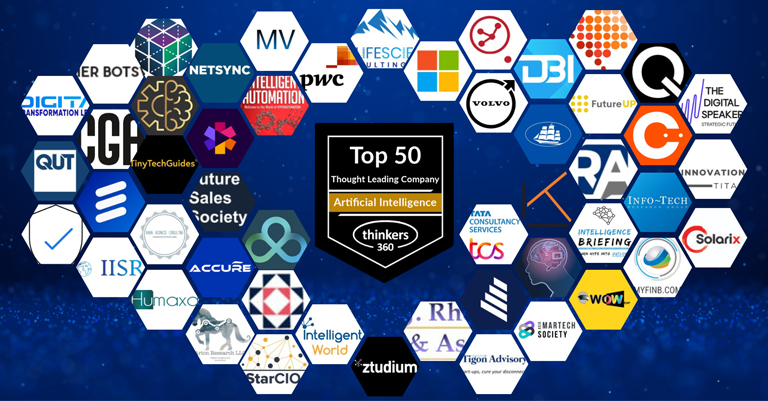
The development of AI involves multiple players. Tech companies lead in innovation, bringing new products to market. Governments set rules and standards. Society also plays a role, adopting and responding to these technologies. Each player has a unique influence on AI growth.
Tech companies are often at the forefront of AI development. They invest heavily in research and development. This focus drives rapid innovation, but it also raises ethical questions. Should companies prioritize profit over the societal impact of their technologies?
Governments regulate these technologies, ensuring safety and fairness. They set guidelines for AI use, balancing progress with protection. Their role is crucial in maintaining a fair playing field. Society, meanwhile, influences the direction of AI growth through demand and usage patterns.
Tech Companies: Driving Innovation but Raising Concerns
Tech companies are the main drivers of AI innovation. Giants like Google, Microsoft, and Tesla invest billions in developing new AI systems. They create tools that shape how we live, work, and interact. These innovations bring convenience and improved efficiency. However, the focus on profit and market dominance often sparks debates about their responsibilities.
Many believe that tech companies should be more transparent about their AI models. When a self-driving car crashes or a chatbot spreads false information, people ask: Who is to blame? Companies argue that their goal is to create better technology. But the impact of their creations is something that many think they should manage more carefully.
Transparency and accountability are important to balance progress with responsibility. Society looks to these companies for solutions that consider more than just the bottom line.
The Role of Governments in Shaping AI Growth
Governments play a critical role in AI regulation. They create laws and standards to protect public interest. Regulation ensures that AI systems are safe and operate fairly. For example, governments can set rules about data privacy and security. This helps prevent misuse of AI technology.
They also fund research in AI, supporting projects that might not attract private investment. These projects focus on public welfare rather than profits. This helps balance the market-driven innovations from tech companies.
Governments are tasked with enforcing accountability. When autonomous systems cause harm, they need to step in. By enforcing rules, governments ensure that companies cannot act without considering the broader impact on society.
Ethical Questions Around AI Growth
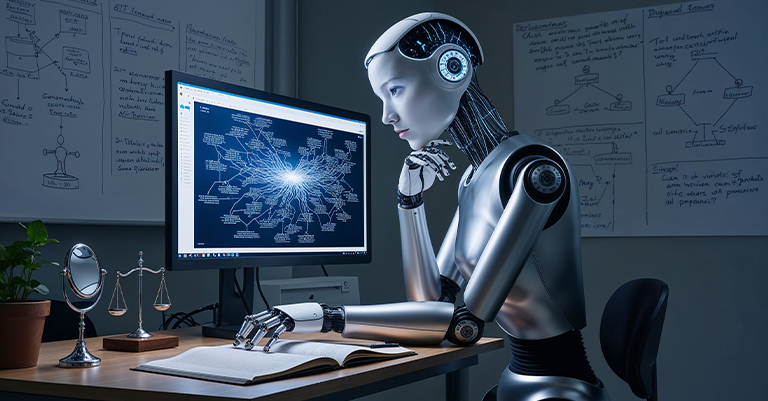
AI growth brings many benefits, but it also raises ethical questions. Issues like job displacement, privacy, and accountability are at the forefront. It’s important to understand the impact of AI on people’s lives.
As AI systems become more advanced, the debate around their ethical use intensifies. Can AI make decisions without bias? How do we ensure that AI does not perpetuate harmful stereotypes? These questions matter because they affect how AI is used in areas like hiring, healthcare, and law enforcement.
Ethics guide how AI should be developed and used. Balancing innovation with fairness is not always easy, but it is necessary for progress.
How Society Benefits and Faces Challenges from AI
AI can improve lives in many ways. It can automate repetitive tasks, making work easier. AI can also analyze large amounts of data quickly, helping doctors make faster diagnoses. Furthermore, AI can even make cities smarter and more efficient by managing traffic flow.
However, AI also comes with challenges. Many people worry about job loss due to automation. As machines take over certain tasks, workers may struggle to find new opportunities. Privacy is another concern. AI systems collect data to function, but this data can be misused if not protected properly.
For society to benefit fully, these challenges need to be addressed. A focus on fairness and transparency is key to building trust in AI.
Balancing Innovation with Responsibility: Where Do We Draw the Line?
Innovation in AI is important, but it must be balanced with responsibility. When companies focus too much on creating new technology, they may overlook the ethical consequences. This can lead to unintended harm.
For example, facial recognition technology can improve security. Yet, it can also lead to privacy violations if used without consent. Society must decide how far AI should go. Rules and guidelines help set boundaries, ensuring that new technologies do not harm the public.
Balancing innovation with ethical considerations helps create a future where AI benefits everyone. It ensures that progress does not come at the expense of people’s rights.
The Future of AI Growth: Shared Responsibility or Individual Blame?
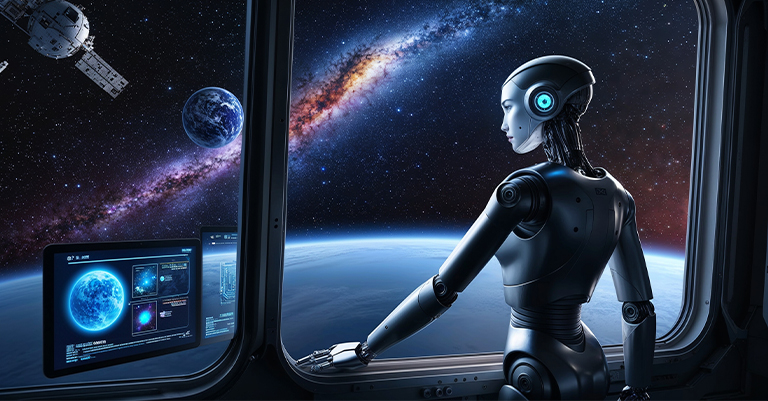
The future of AI growth depends on how we assign responsibility. Should tech companies be held accountable for every outcome? Or is it a shared responsibility between developers, governments, and users?
A collaborative approach seems more effective. Companies, governments, and society can work together to guide AI development. This means setting clear rules, prioritizing transparency, and educating the public about AI. Working together ensures that AI growth aligns with society’s values.
Shared responsibility can create a future where AI benefits everyone, not just a select few. It fosters trust and ensures that AI technologies continue to grow in a positive direction.
Predictions for Autonomous Systems in the Next Decade
In the next decade, autonomous systems are expected to become more common. We may see more self-driving cars on the roads. AI-driven assistants might handle more complex tasks at work and home.
These advancements bring potential benefits. They could make life more efficient and solve problems in new ways. However, they also bring challenges. Autonomous systems need better regulations and more transparency. Without these, trust in AI could suffer.
It’s likely that the future will involve more collaboration between tech companies, governments, and the public. By working together, they can guide AI toward a positive impact.
How Everyone Can Contribute to Ethical AI Development
Everyone has a role in ethical AI development. Users can demand transparency and choose products that respect privacy. Tech companies can prioritize fairness and safety when creating new technologies.
Governments can listen to the concerns of their citizens. They can create rules that reflect the needs and values of society. Educators can teach young people about the responsible use of technology, fostering a culture of awareness.
By taking action, everyone can contribute to a future where AI benefits society. Ethical AI development requires effort from every part of society.
Final Thoughts: Embracing Responsibility for AI’s Future

As autonomous systems continue to shape our world, the question of responsibility becomes even more important. Tech companies, governments, and society must collaborate to ensure that AI growth aligns with ethical values. This means focusing on transparency, fairness, and safety.
When each player accepts their role, the potential for positive outcomes increases. Tech companies can continue to innovate while prioritizing the well-being of their users. Governments can create laws that reflect society’s needs, and users can make informed choices about the technologies they adopt. Ultimately, the growth of autonomous systems and AI is not about pointing fingers. It’s about working together to shape a future where technology serves everyone’s interests. By embracing shared responsibility, we can guide AI development in a way that balances progress with the greater good. This approach ensures that all can enjoy the benefits of AI without sacrificing fundamental values like privacy and fairness.

